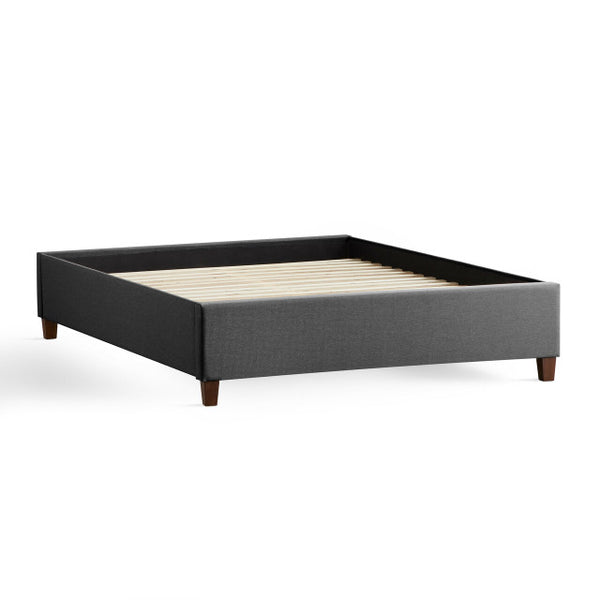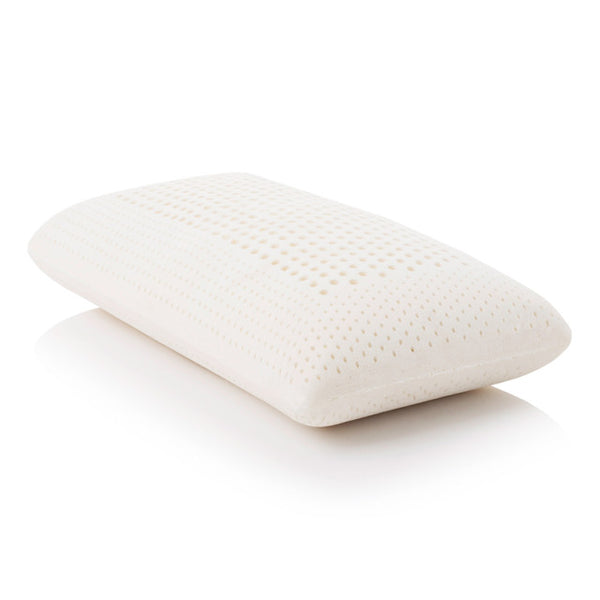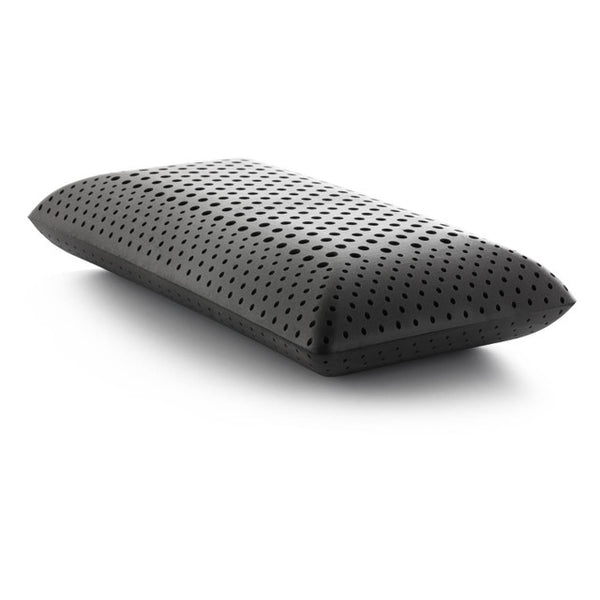
Frequently Asked Questions
1. What is quality sleep?
2. What factors affect sleep quality?
3. How can I improve my sleep hygiene?
4. What role does technology play in sleep quality?
5. What are some natural methods to enhance sleep quality?
In our fast-paced world, good sleep often takes a backseat to our busy schedules and overwhelming responsibilities. Yet, quality sleep is essential for overall health and well-being. But what actually makes sleep "quality"? Let's delve into the science behind sleep quality and discover how you can improve your sleep for better days ahead.
Understanding Sleep: A Biological Perspective
Sleep is a complex physiological process, crucial for restoring energy and maintaining a variety of bodily functions. The human body goes through several stages of sleep, each playing a vital role in our health.
The Sleep Cycle
The typical sleep cycle is divided into two main categories: Non-Rapid Eye Movement (NREM) and Rapid Eye Movement (REM) sleep. Each of these stages occurs multiple times throughout the night, forming cycles that usually last about 90 minutes.
- NREM Sleep: This stage consists of three phases, progressively deepening the state of rest. During NREM sleep, the body repairs tissues, grows muscles, and strengthens the immune system.
- REM Sleep: This phase is characterized by rapid movement of the eyes, increased brain activity, and vivid dreaming. REM sleep is vital for cognitive functions such as memory consolidation, learning, and emotional processing.
Factors Affecting Sleep Quality
Understanding what impacts your sleep quality can help you make informed choices for improvement. Here are some key factors to consider:
Environment
Your sleep environment plays a crucial role in the quality of your rest. Factors like light, temperature, and noise can have significant effects. A dark, cool, and quiet room is generally best for sleep. Consider using blackout curtains, white noise machines, or adjusting your thermostat to create the perfect sleeping atmosphere.
Lifestyle Choices
Your daily habits can greatly influence your sleep. Poor dietary choices, lack of exercise, and excessive screen time before bed can disrupt your sleep quality.
- Diet: Foods high in sugar and caffeine can keep you awake. Instead, focus on a balanced diet rich in whole foods and try to avoid heavy meals right before bedtime.
- Exercise: Regular physical activity is known to promote better sleep. However, exercising too close to bedtime can have the opposite effect, so aim to finish workouts at least a few hours before sleep.
Sleep Hygiene
Sleep hygiene refers to the practices and habits that promote better sleep quality. Here are some effective strategies to enhance your sleep hygiene:
- Maintain a Consistent Sleep Schedule: Try to go to bed and wake up at the same time every day, even on weekends. This consistency reinforces your body’s natural sleep-wake cycle.
- Create a Bedtime Ritual: Engage in calming activities before bed, like reading or taking a warm bath. These rituals signal to your body that it’s time to wind down.
- Limit Naps: While short naps can be beneficial, long or irregular napping during the day can negatively impact nighttime sleep.
The Role of Stress and Mental Health
Stress and mental health are pivotal to sleep quality. Anxiety and depression have been shown to disrupt sleep patterns, leading to insomnia or low-quality rest. Here are a few strategies to manage stress:
Mindfulness and Meditation
Practices such as mindfulness or meditation can help calm the mind, reduce anxiety, and put you in a relaxed state before bedtime. Try setting aside time each day for meditation, focusing on deep breathing or guided imagery.
Cognitive Behavioral Therapy for Insomnia (CBT-I)
CBT-I is a structured program that helps people identify and replace thoughts and behaviors that cause or worsen sleep problems. It’s an effective approach for treating chronic insomnia and can improve overall sleep quality.
Technology and Sleep Quality
In our tech-driven world, screens have become an integral part of our lives, but they can also interfere with sleep. The blue light emitted by phones, tablets, and computers can disrupt the production of the sleep hormone melatonin, affecting your ability to fall and stay asleep.
Managing Screen Time
To enhance sleep quality, limit screen time at least one hour before bedtime. Consider using blue light filters on your devices or wearing blue light-blocking glasses in the evening. Prioritizing a digital detox before sleep supports melatonin production and can pave the way for deeper, more restorative sleep.
The Impact of Sleep Disorders
For some, sleep quality is severely affected by sleep disorders, like insomnia, sleep apnea, or restless leg syndrome. Recognizing the signs is crucial for addressing problems early on.
Insomnia
Insomnia is characterized by difficulty falling or staying asleep. It can stem from stress, anxiety, poor sleep hygiene, or various health conditions. If you suspect insomnia, consider talking to a healthcare professional for guidance and support.
Sleep Apnea
Sleep apnea involves interrupted breathing during sleep, leading to fragmented sleep and oxygen deprivation. Symptoms often include loud snoring and excessive daytime sleepiness. If you or a partner suspect sleep apnea, it’s essential to consult a healthcare provider.
Improve Your Sleep Quality Naturally
Now that you understand the science behind sleep and its various influencing factors, here are some natural methods to enhance your sleep quality:
- Herbal Supplements: Certain herbs, like chamomile and valerian root, are popularly used to promote relaxation and may help facilitate better sleep.
- Essential Oils: Lavender essential oil has been shown to improve sleep quality. Diffusing it in your bedroom or adding a few drops to your bedtime routine can create a calming atmosphere.
- Sunlight Exposure: Getting enough natural sunlight during the day helps regulate your sleep-wake cycle. Aim for at least 30 minutes of outdoor time each day.
Embracing a Sleep-First Mentality
With this newfound understanding, you have the power to prioritize sleep truly. We often prioritize productivity over rest, but it's essential to recognize that quality sleep enhances performance, creativity, and overall well-being.
Integrating sleep-friendly practices into your lifestyle may take time, but the benefits are profound. Improved mood, enhanced cognitive function, and overall better health are on the horizon when you embrace the science of sleep quality.
Unlocking Your Best Rest: Take Action Now!
Your journey to improved sleep starts today. Take a moment to assess your current habits, identify areas for improvement, and implement the strategies discussed in this article. With commitment and a willingness to reform your routine, quality sleep is within your reach. Embrace the importance of rest, and you’ll experience the transformative power of better sleep in your daily life!
Discover the creativity of other Shopify or Wix store owners by visiting their stores. Follow this link to their online store. Please remember that this is a promotional link, and we assume no liability for the content of the linked store.









